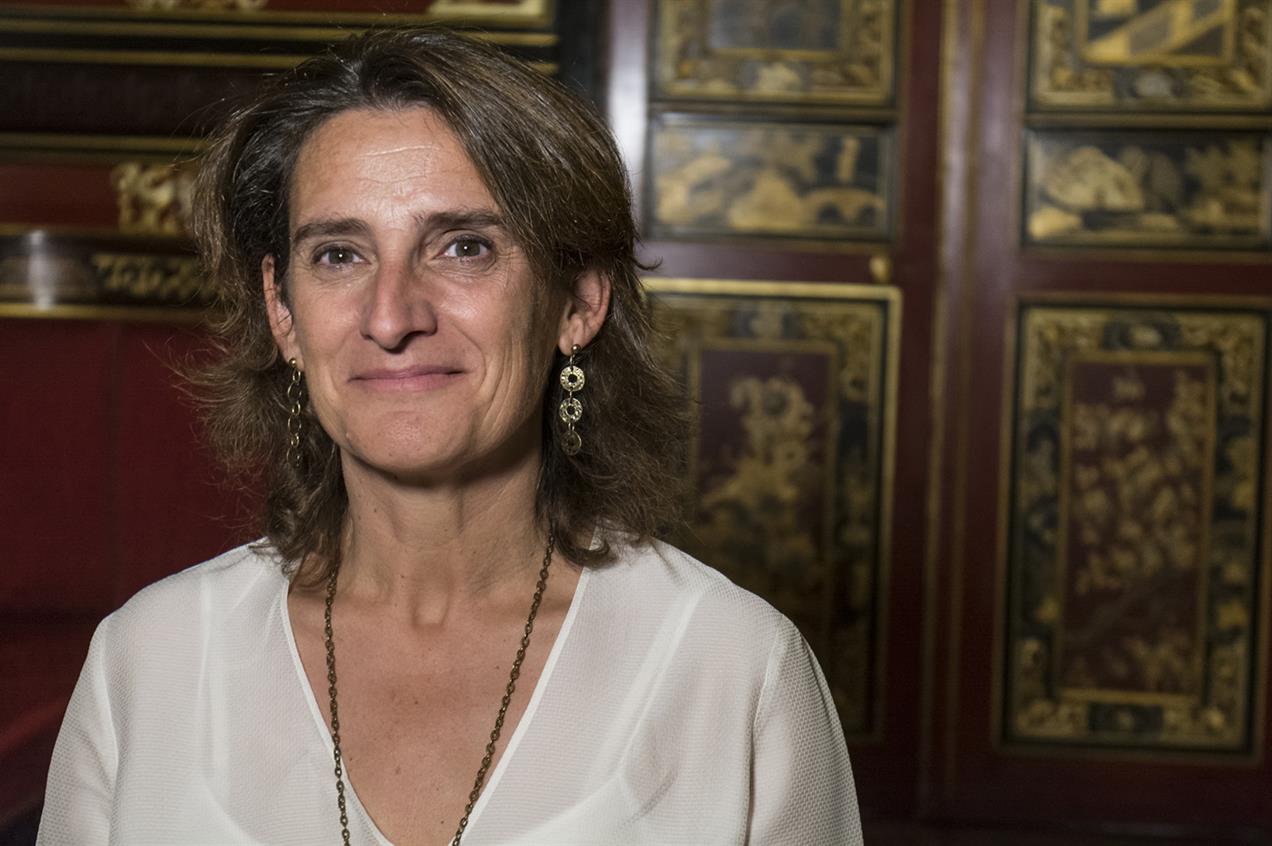"Spain is no longer a burden in the fight against climate change," Ribera said in Luxembourg, 11 June, during her first attendance at a EU energy ministers’ meeting.
On 7 June, Ribera, a staunch renewables advocate, took over the portfolios of energy and environment in the newly combined ministry of ecological transition'.
Ribera had previously acted as secretary of state for climate change between 2008 and 2011 under the previous Spanish Socialist Worker's Party (PSOE). She also played a role in the COP 21 Paris climate accord negotiation as director of Spain's Institute for Sustainable Development and International Relations (IDDRI) thinktank.
Ribera’s appointment followed days after the new PSOE administration took office, following a vote of no confidence on 2 June against the former conservative Peoples Party (PP) government after a corruption scandal.
"A new period is opening, which we welcome with optimism," said Juan Virgilio Márquez, director general of Spanish wind association AEE. Márquez called for a "redesign of market mechanism"’ as a ‘prerequisite’ to reaching more ambitious targets.
The PP administration, in office since 2011, ended the production incentive that had driven nearly all Spain’s 23GW online wind capacity. Only 149MW of new wind capacity has gone online since 2014.
In Luxembourg, Ribera confirmed Spain's target of 35% CO2 emissions reductions by 3030 – five percentage points above the EU’s official target.
Her office calculates that means reaching 70% renewables penetration in the electricity mix, against 45% today — which includes 15% from large hydro and 18% from wind power.
The stock markets have also reacted positively. The share value of pure renewables player Acciona soared 8% on 4-8 June, against an overall stock market rise of 2.3%.
Iberdrola, Spain’s top wind operator, gained 4.2%, while Endesa, a smaller renewables player managed a nudge of 0.5%.

.png)


.png)










